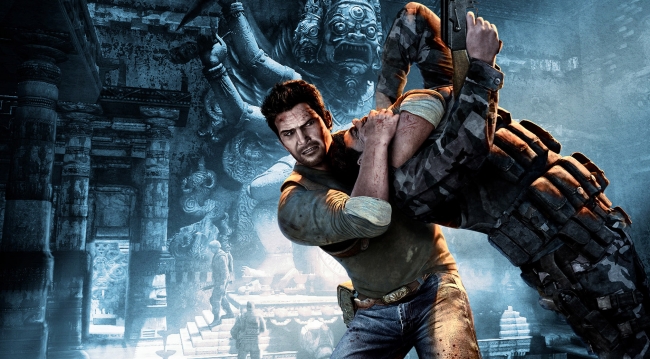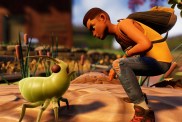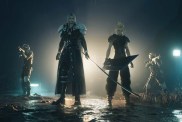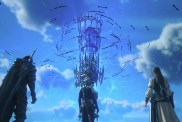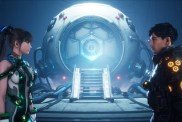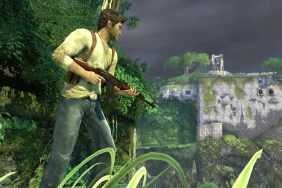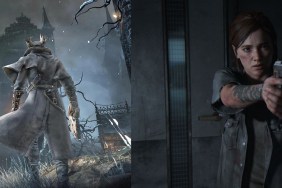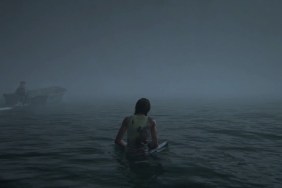Ludonarrative dissonance has remained topical within gaming for about a decade, with titles like Uncharted resting front and center. Typically, this dissonance presents itself when gameplay is at odds with the narrative and characters. Fortune hunter Nathan Drake just so happens to moonlight as a mass murderer, for instance, shooting his way through hundreds of living people to get to his goal. The Last of Us addresses the conundrum to a degree, giving the death of NPCs weight and establishing that the game world is devoid of our societal norms and moral standing. But can a game as “character-driven and compelling” as the two aforementioned Naughty Dog experiences exist sans shooting mechanics? According to TLoU’s Game Director, Bruce Straley, it is possible. And, in many respects, such games are already in the wild.
GamesIndustry.biz caught up with Straley, who departed Naughty Dog in 2017, during Fun & Serious Game Festival in Bilbao, Spain. In an interview, Straley discussed ludonarrative dissonance at length, explaining that the discordance between gameplay and story in Uncharted arose out of necessity. Game developers must give players a mechanical reason to remain invested. Therefore, puzzles and gun-heavy action sequences were, at a time, the simplest solution. He told GamesIndustry.biz,
…you have to have interesting core mechanics to keep the player invested. That’s our problem as designers: in 2007, that’s where the industry was, that’s where we were. We didn’t necessarily have the wherewithal, the clarity so to speak, that we do now.
According to Straley, this much has changed. He believes a game as “character-driven and compelling” as Uncharted or TLoU can be made “without shooting.” Yet,
The world has to afford interesting, compelling ways for the player to figure out [solutions]–and that’s a lot of what games are. We have to put players in a position to be engaged with overcoming obstacles, which means the core mechanics have to avail us enough opportunity to figure out a solution.
As such, the rush to hook players in the first 10 minutes with an action sequence may need a rest. And it’s already happening, thanks to developers now allowing players “more time with the game to settle into experiences.” Comparing the opening segment of 2005’s God of War to that of 2018’s entry serves as an excellent example. In addition, Straley considers Death Stranding a big step for the industry in this regard.
I think all of that is changing, and I think Hideo Kojima has done something really good for the industry to just try and do something to shake it up a bit. Indie games do this all the time right now, and I think that there’s some extremely compelling experiences in the indie and AA scene.
How might The Last of Us Part II further help expand upon this topic of conversation? We’ll know in a few months’ time. The sequel comes to the PlayStation 4 on May 29th.
[Source: GamesIndustry.biz]
